Thermoplastic Resins
Material Expertise That Matches Performance With Purpose
From high-volume commodity resins to advanced engineered materials, Lomont helps you select the ideal thermoplastic for your application.
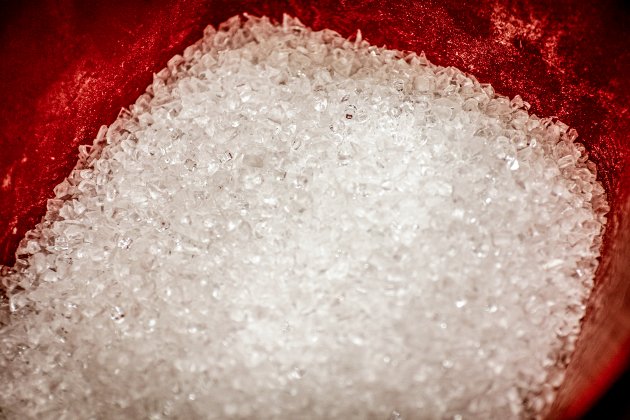
The Right Material for the Right Job
Selecting the correct thermoplastic resin is critical to product success. At Lomont, we offer deep expertise in material selection and processing, working with a wide range of commodity, engineered, and specialty resins.
Our team collaborates with customers to evaluate cost, performance, regulatory needs, and part design; ensuring the material choice aligns with both function and manufacturing efficiency.
Whether you’re focused on durability, aesthetics, environmental resistance, or compliance, we help guide you toward the right resin for your specific goals.
Thermoplastic Resin Options at Lomont
Commodity Resins
We mold many high-volume products using common commodity resins like polyethylene, polypropylene, and polystyrene. These materials offer a balance of cost-efficiency and reliable performance for applications such as packaging, enclosures, and consumer goods.
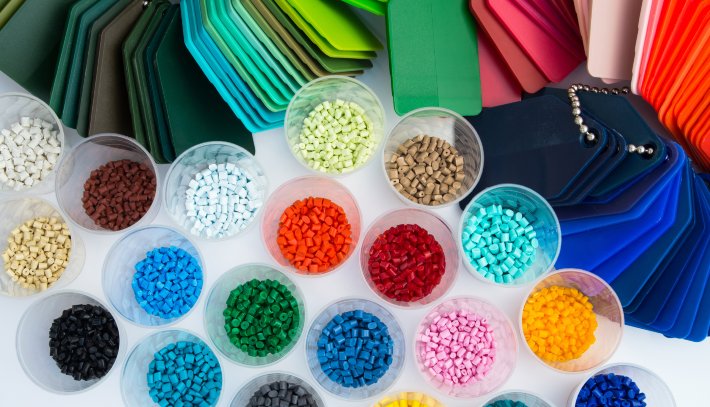
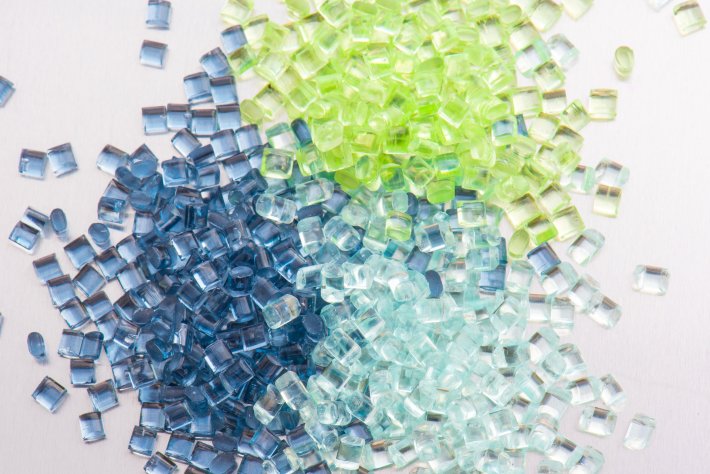
Engineered Resins
When parts demand enhanced strength, heat resistance, or dimensional stability, Lomont can run a wide range of engineered thermoplastics like ABS, polycarbonate, acetal, or glass-filled nylons. These materials are ideal for industrial, medical, or high-performance applications.
Specialty & High-Performance Materials
Our experience extends to specialty resins and advanced compounds, including thermoplastic elastomers (TPE), flame-retardant formulations, and resins designed for food contact, chemical resistance, or extreme environments. We also support UL, FDA, NSF, and other compliance-driven requirements.
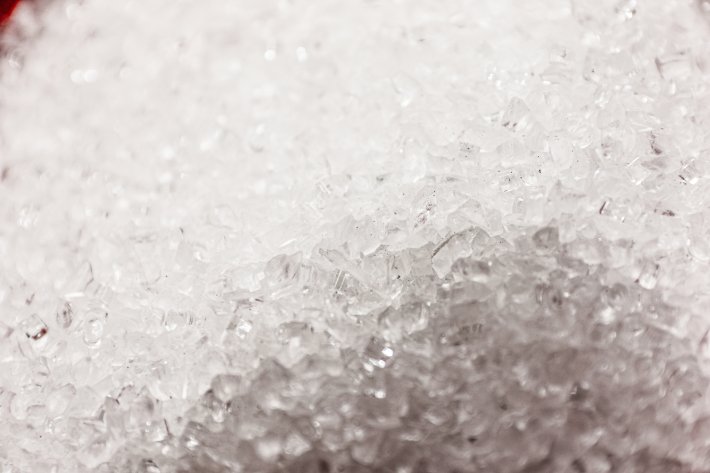
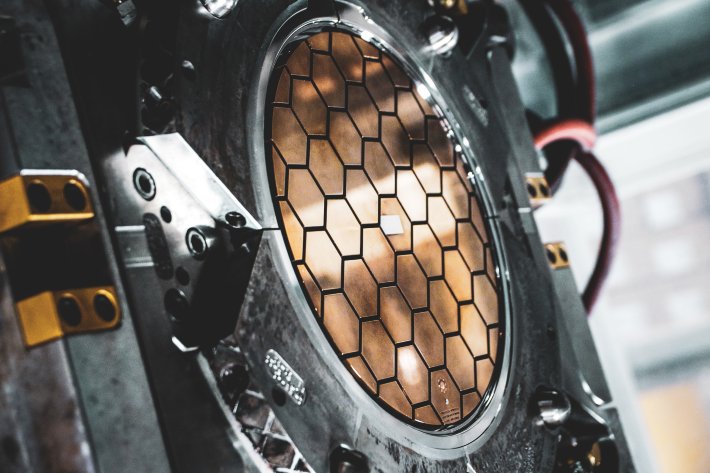
Material Selection & Testing Support
We assist with material trials, testing, and sourcing, ensuring the selected resin performs as expected and integrates smoothly with tooling and production. Lomont can also accommodate custom color matching, additives, and certifications to meet your application or branding needs.
